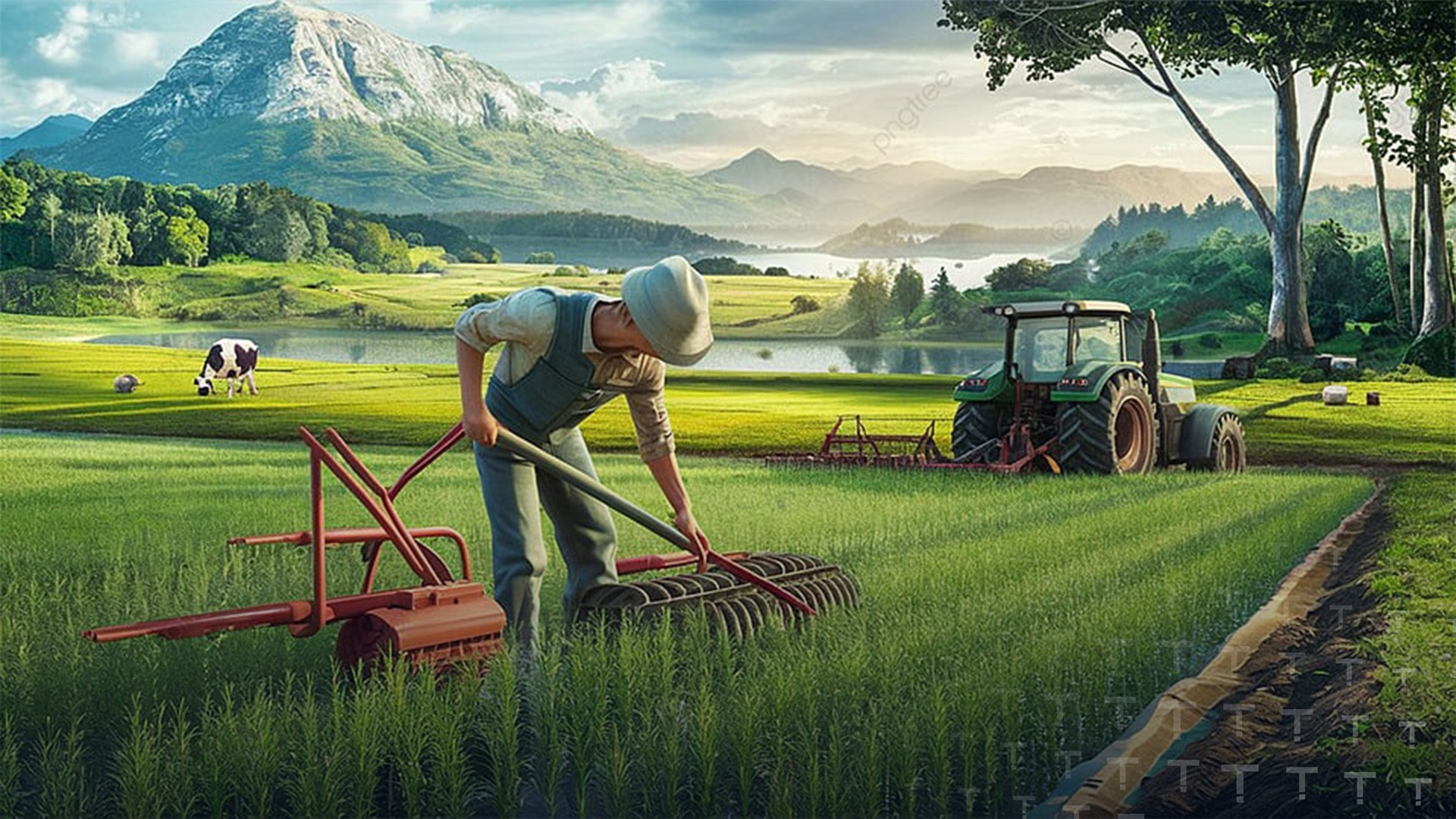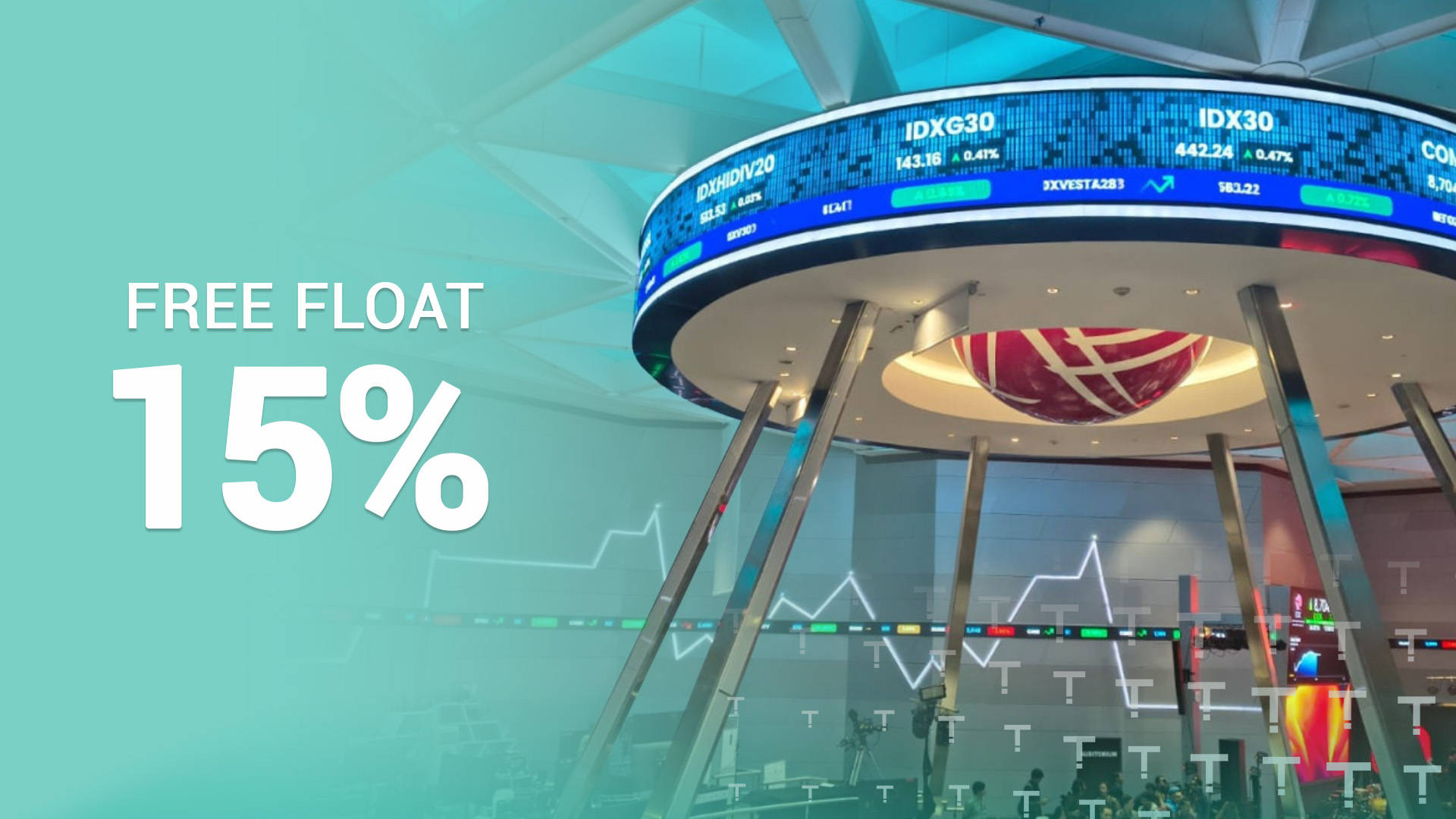Full access exclusive for THINK Society. Full access exclusive for THINK Society. Full access exclusive for THINK Society. Full access exclusive for THINK Society. Full access exclusive for THINK Society.
Full access exclusive for THINK Society.






